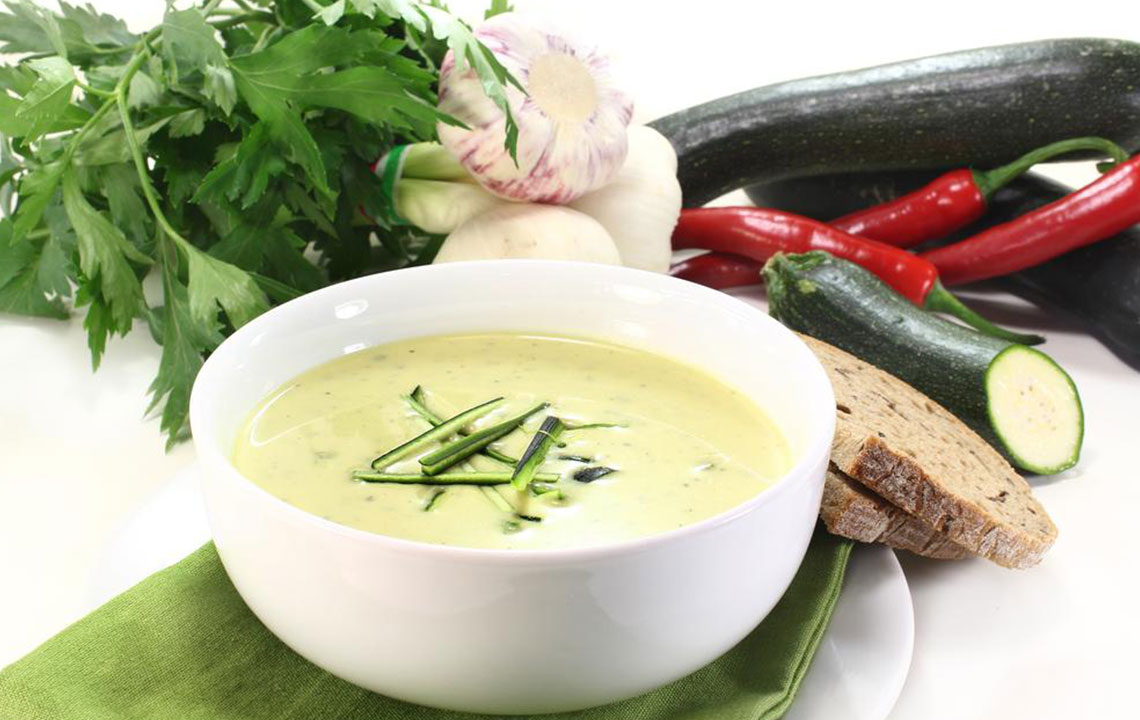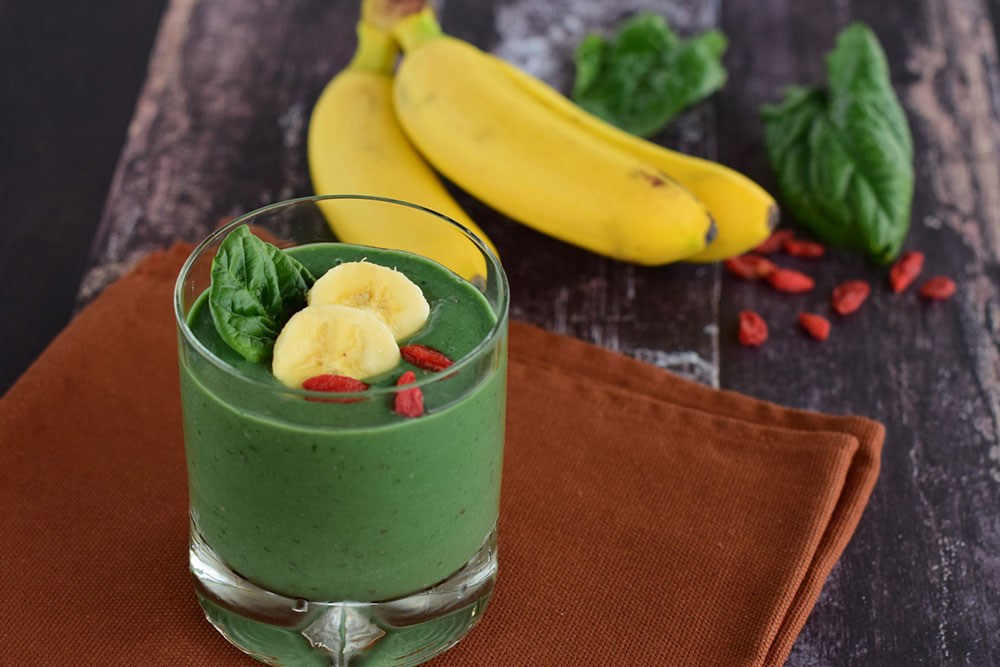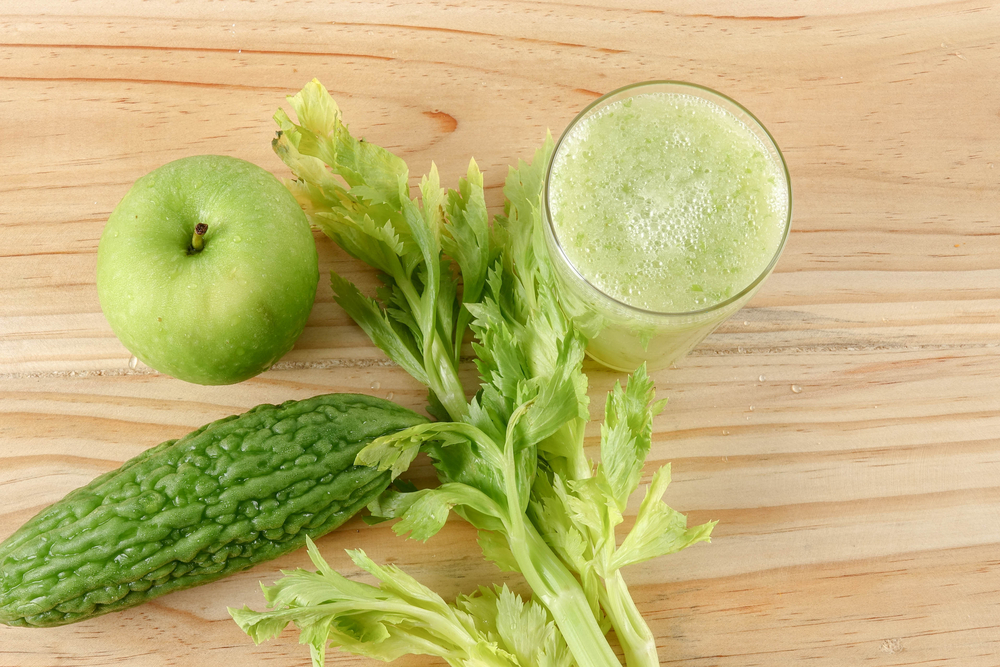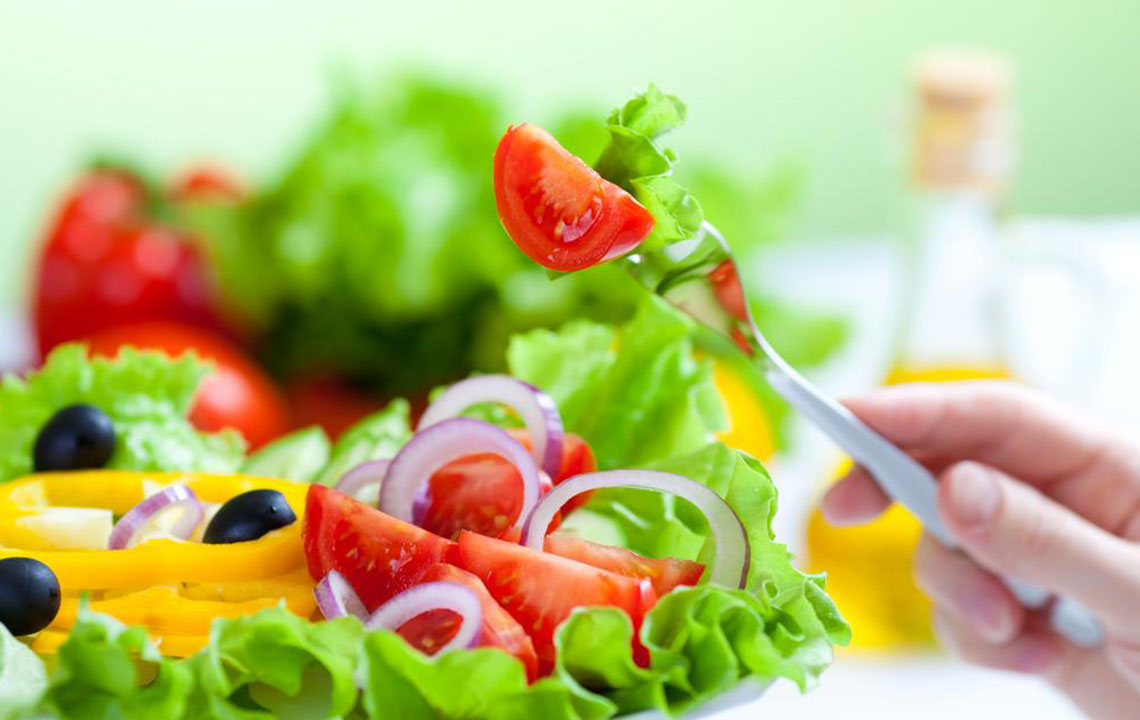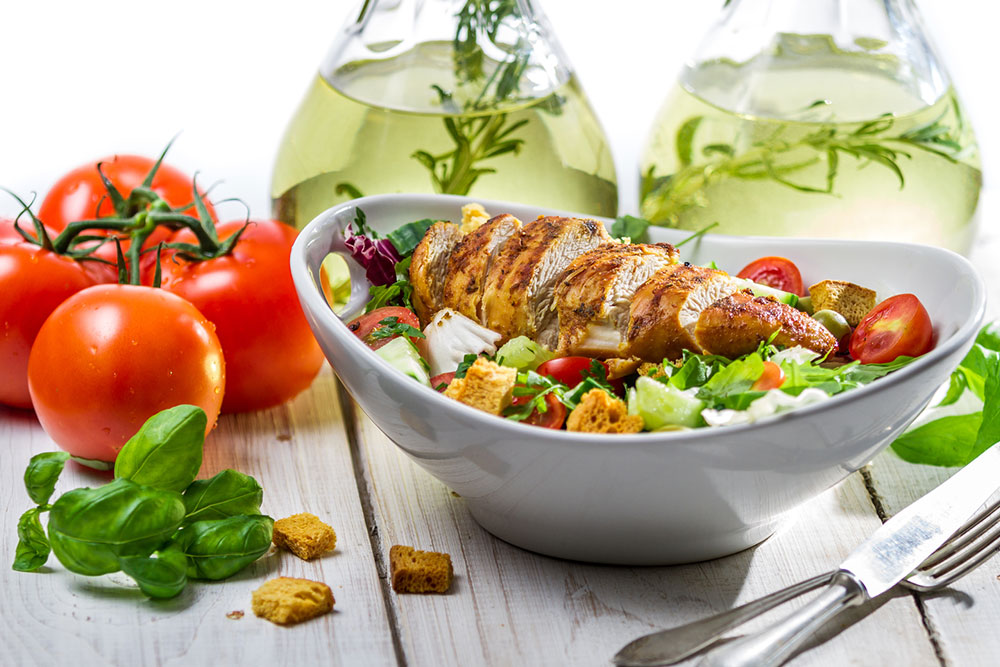Essential Dietary Tips to Manage Gout Effectively
A comprehensive guide on managing gout through dietary modifications. Learn essential tips like incorporating antioxidant-rich fruits, healthy fats, herbal remedies, and hydration. Avoid purine-rich foods and processed products to prevent flare-ups. Implementing these dietary strategies can help reduce joint pain, inflammation, and the risk of future attacks. Along with medical treatment, this balanced diet supports overall joint health and enhances quality of life for those affected by gout.
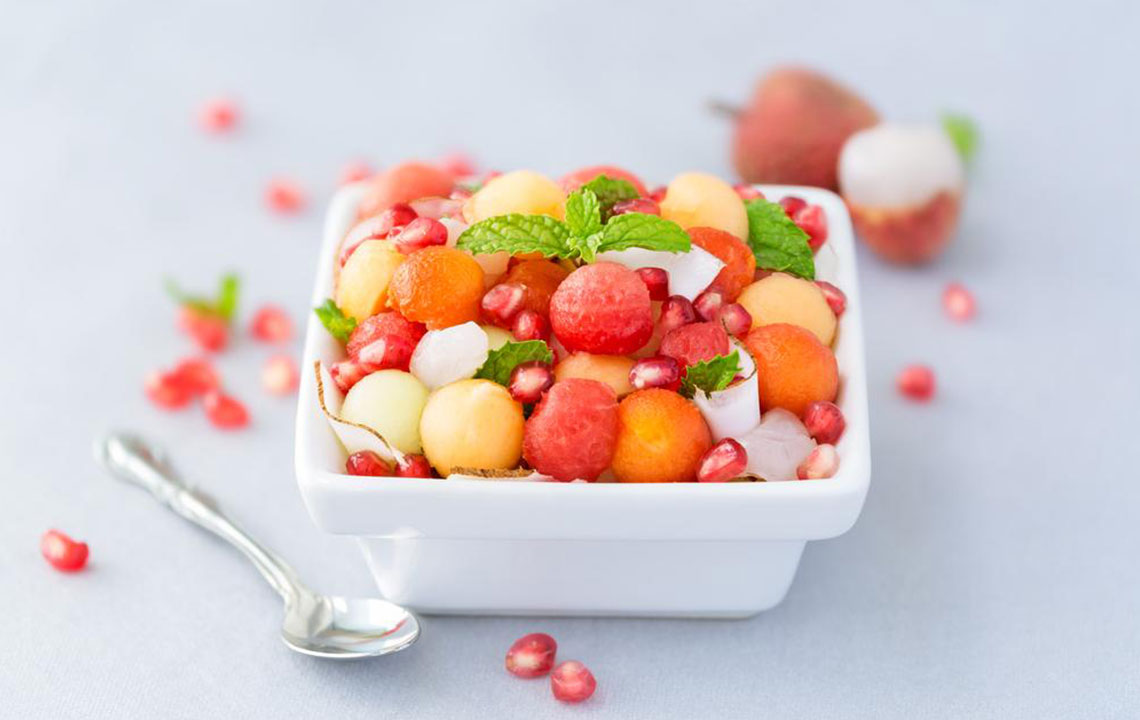
Essential Dietary Tips to Manage Gout Effectively
Gout is a form of arthritis characterized by painful and swollen joints, primarily caused by elevated uric acid levels in the bloodstream. Managing gout requires both medication and dietary adjustments to prevent tissue, tendon, and joint damage. Certain foods can help alleviate symptoms and promote recovery. Understanding how to craft a gout-friendly diet is crucial for relief and long-term health.
If you suffer from gout, incorporating specific foods into your diet can aid in reducing discomfort and supporting recovery.
Careful selection of foods is vital. Opt for whole, organic, and locally sourced produce whenever possible. Avoid processed and artificial foods. The following recommended dietary choices can help manage gout effectively:
Add berries like strawberries and organic cherries
These fruits are rich in antioxidants such as bioflavonoids and anthocyanins, which help reduce inflammation by inhibiting specific enzymes. Organic cherries are especially potent in relieving gout pain. Strawberries also contain antioxidants that combat free radicals and assist in uric acid elimination, but moderation is key to prevent excess fructose intake.
Incorporate healthy fats into your diet. Replace refined carbs with monounsaturated fats found in olive oil, avocados, nuts, and seeds. These fats help regulate insulin and leptin levels. Omega-3 fatty acids, available from sources like krill oil and oily fish, are anti-inflammatory and beneficial for gout management, producing compounds such as protectins and resolvins that soothe inflammation.
Utilize Herbal Remedies
Herbs like turmeric, ginger, cinnamon, and rosemary possess strong anti-inflammatory properties that can help reduce joint pain associated with gout.
Enhance Potassium Intake
Foods rich in potassium, such as bananas, avocados, broccoli, and leafy greens, help neutralize uric acid and promote its excretion. Potassium citrate supplements can also be beneficial under medical guidance.
Stay Hydrated
Drinking plenty of pure water aids in detoxification, flushing out uric acid and minimizing gout symptoms. Adequate hydration is essential for preventing uric acid buildup and alleviating pain.
Avoid High-Purine Foods
Consuming foods high in purines increases uric acid levels, triggering gout attacks. Limit intake of red meats, shellfish, organ meats, asparagus, mushrooms, peas, and whole grains to reduce risk.
Cut Out Processed Foods and Alcohol
Processed foods, sugary snacks, and drinks with high fructose corn syrup can exacerbate gout. Alcohol enhances uric acid production, raising attack risks. Gout sufferers should also avoid soy milk, which increases uric acid levels, and adopt a healthy exercise routine to further protect joints.


